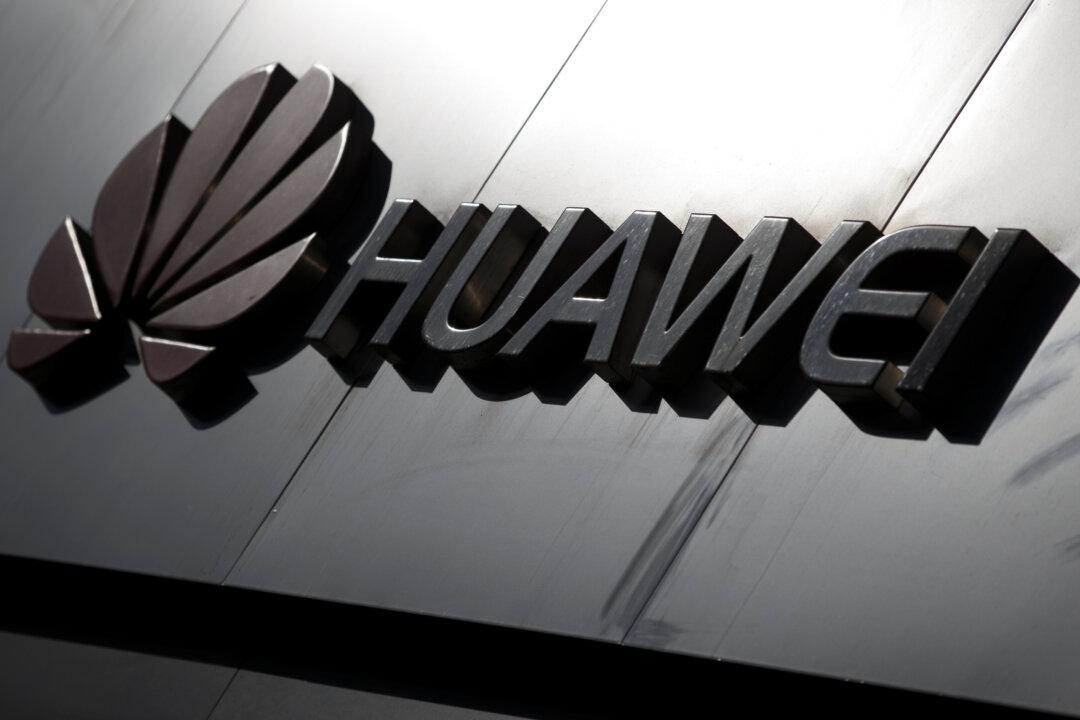Chinese tech giant Huawei has come under fire after news of its treatment of a former employee went viral on Chinese social media.
Li Hongyuan, who had worked for Huawei for 13 years, was terminated from his job and wrongfully detained by police after attempting to expose corruption within the company.
Huawei has enjoyed broad patriotic support within China since last year, when the company’s chief financial officer was arrested in Canada after federal prosecutors sought her extradition to face charges of violations of U.S. sanctions on Iran. The domestic support continued after it was put on a trade blacklist by the United States over national security concerns, but Huawei is under growing pressure to make an apology.
Details of Li’s case surfaced at the end of November when court documents were posted on Chinese social media platforms.
According to local media reports, Li, 42, was asked to leave after attempting to report corruption within his work unit. When he received his severance pay, he became suspicious after he found out the funds came directly from a Huawei employee’s personal bank account. This led Li to believe that Huawei was involved in a tax evasion scheme, and he also tried to report this to the authorities.
Huawei then took legal action against him for extortion. Police showed up at Li’s home and took him to the police station. He was detained by police for 251 days.
Li was released in August when authorities dismissed his case due to insufficient evidence. He also received about 100,000 yuan ($14,206.77) in state compensation.
Li told China’s state-run China Business Network on Dec. 2 that he urged Chinese people: “Please look at what happened to me [before commenting], and then I will follow what most Chinese suggest.”
Dismissal
In October 2005, Li resigned from his engineering job at Zhejiang Juhua Group, a state-run chemical factory, and joined Huawei in its Shenzhen headquarters to research and design enterprise security products.Before moving to Huawei’s solar inverter business unit in 2016, Li worked in the sales and marketing division of the company, and as a secretary at Huawei’s officers in Inner Mongolia and India.
Li said that he discovered the management team of the solar inverter business unit had been falsifying data for a long time. “A big amount of money was put into this business, and Huawei suffered a big loss,” Li said.
In November 2016, Li reported the situation to senior management, and Huawei sent auditors to investigate the solar inverter business in June 2017.
“Since I reported the business’ issues to the senior management team, my business manager started to suppress me. For example, he didn’t approve of my business travel plan, didn’t allow me to hire a new employee to replace one who resigned, and so on,” Li said.
In December 2017, Li was informed by Huawei that the company wouldn’t renew his contract which was set to expire in January 2018.
On Jan. 31, 2018, a Huawei human resources (HR) manager organized a meeting with Li to discuss how much severance pay he would receive.
His total severance package included 304,742.98 yuan ($43,257) in compensation, and his annual bonus for 2017 being 200,000 yuan ($28,320).
Detained for 251 Days
On March 8, 2018, the HR manager arranged for his secretary to wire transfer 304,742.98 yuan to Li’s bank account, but the funds came directly from Zhou’s private bank account.Li then asked the HR manager why the funds didn’t come directly from Huawei’s account. He also reported the suspicious activity to Huawei’s HR department as well as the city government’s tax office. However, Li was ignored by Huawei, and the tax office just told him they would collect tax from Huawei.
Li also checked with other colleagues who were terminated and found out that five of them received compensation funds from the private bank accounts of HR secretaries. “I thought it’s Huawei’s solution to evade taxes,” Li said.
On Nov. 7, 2018, Li sued Huawei because he didn’t receive the annual bonus. In defense, Huawei provided a meeting record to the court and claimed that Li’s performance in 2017 was poor and therefore ineligible for the award.
Huawei sued Li on Nov. 28, 2018, alleging he extorted the company. The company claimed that Li had threatened the HR manager during their Jan. 31 meeting.
On the early morning of Dec. 16, 2018, Li was detained by plain clothes policemen from his home in Shenzhen. The police told him that Huawei had filed a lawsuit against him for “using his position to steal the company’s property.”
At the police station, Li was told that Huawei was suing him for “leaking trade secrets.” The police then investigated the case and couldn’t find evidence.
Li’s audio recorder and external hard disks were taken away by the police when he was detained. When Li told the police about the audio recording of his meeting with the HR manager, and how he could use it to prove his innocence, the police claimed that they couldn’t find it.
On March 21, police handed Li’s case to the procuratorate. Li then asked his wife to find another copy of the audio from his friend’s computer in April. The audio proved that Li did not threaten the HR manager during the meeting.
In May, a Huawei employee who participated in the meeting wrote a written testimony to the procuratorate, saying Li did not commit any wrongdoing. The HR manager also changed his testimony in June, confessing that Li did not threaten him.
On Aug. 22, the procuratorate decided that there wasn’t enough evidence to prove Li’s guilt and dismissed the case.
Li was released on the following day, and he applied for compensation because he had been wrongfully detained for 251 days.
On Nov. 25, the procuratorate awarded him 107,055.94 yuan ($15,161) as compensation for wrongful detention.





